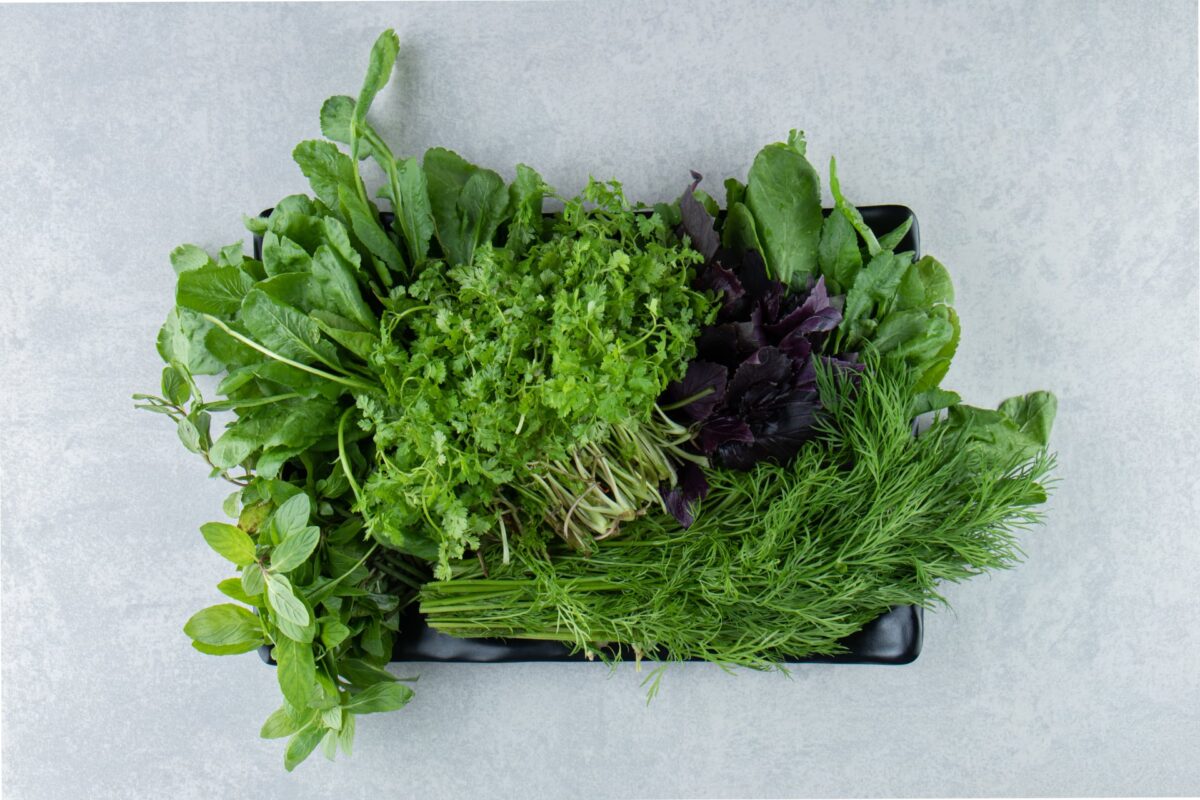When antioxidants are mentioned, many think of berries, green tea, or vitamin C tablets. Yet within every cell is a natural protector even more vital: glutathione. Often called the “master antioxidant,” glutathione not only shields us from daily cellular damage but also plays a role in detoxification, immunity, ageing — and even skin pigmentation [1].
What Is Glutathione?
Glutathione is a small molecule made from three building blocks of protein: glutamine, cysteine, and glycine. Unlike vitamins, which we obtain from food, glutathione is produced naturally by the body [2]. Its levels, however, decline with age, poor diet, chronic stress, pollution, or illness [3].
Because it supports so many vital processes, glutathione is now regarded as a central player in health and wellbeing.
The Glutathione Pathway: The Body’s Defence Cycle
Glutathione is part of a finely tuned system that helps the body maintain balance, or redox homeostasis [2].
- Antioxidant Action – Glutathione exists mainly as reduced glutathione (GSH), its active form, which neutralises free radicals. After this process, it becomes oxidised glutathione (GSSG), which can be recycled back into GSH by an enzyme called glutathione reductase [6].
- Detoxification in the Liver – Glutathione binds to toxins and heavy metals through conjugation, making them easier for the body to eliminate [2,3].
- Enzyme Partnerships – Enzymes such as glutathione S-transferases (GSTs) use glutathione to “lock onto” harmful substances, preventing damage to DNA, proteins, or cell membranes [3].
- Recycling Other Antioxidants – Glutathione also helps restore vitamin C and vitamin E, keeping the wider antioxidant network functioning [6].
This continuous cycle is why glutathione is described as the body’s master antioxidant [1].
Glutathione and Skin Pigmentation
Beyond health, glutathione has received much attention for its effect on skin tone. This influence comes from how it interacts with the melanin pathway [4].
- Melanin Basics: Our natural skin colour is largely determined by two pigments:
- Eumelanin – a dark brown or black pigment, responsible for deeper skin tones.
- Pheomelanin – a lighter, reddish-yellow pigment.
- Glutathione’s Role: By influencing the enzyme tyrosinase (the key controller in melanin production), glutathione shifts the balance from eumelanin towards pheomelanin [4].
- This means less dark pigment (eumelanin) is produced.
- More light pigment (pheomelanin) is formed.
- Result: Over time, this shift can contribute to a brighter, more even complexion, which explains why glutathione is used in some skin-whitening or skin-brightening treatments [4].
It is important to note, however, that glutathione’s primary role in the body remains protection and detoxification. Skin effects are a secondary outcome, not the core purpose of this molecule.
Other Key Benefits
1. Cellular Protection Against Stress
By neutralising free radicals, glutathione helps protect cells from oxidative stress, a process linked with premature ageing and many chronic illnesses [2,3].
2. Stronger Immunity
Glutathione supports the function of white blood cells, strengthening the immune response against infections [1].
3. Liver Health and Detoxification
The liver relies heavily on glutathione to neutralise and eliminate toxins from medications, alcohol, and the environment [3].
4. Energy and Longevity
By protecting mitochondria (the “batteries” of our cells), glutathione helps maintain energy levels and supports healthy ageing [2,6].
How to Support Glutathione Levels

Although our bodies are naturally equipped to produce glutathione, modern lifestyles, pollution, stress, and ageing can deplete its reserves. Fortunately, certain nutrients and supplements can help strengthen the glutathione pathway by either providing building blocks (precursors), helping recycle used glutathione, or protecting the system from overload.
1. N-Acetylcysteine (NAC) – The Primary Precursor
- Typical dosage: 600–1,800 mg daily, divided into 2–3 doses.
- NAC provides cysteine, the rate-limiting amino acid needed to build glutathione.
- It has been widely studied for its ability to restore depleted glutathione, especially in the liver.
- Clinically, NAC is even used as the antidote for paracetamol (acetaminophen) overdose, precisely because it replenishes glutathione so effectively [2,3].
2. Alpha-Lipoic Acid (ALA) – The Recycler
- Typical dosage: 300–600 mg daily.
- ALA is a “universal antioxidant” that works in both water- and fat-soluble environments.
- It helps recycle oxidised glutathione (GSSG) back into reduced glutathione (GSH), extending the body’s antioxidant capacity.
- It also regenerates other antioxidants, including vitamin C and vitamin E [6].
3. Glutamine and Glycine – Supporting Amino Acids
- Glutamine: 2–5 g daily.
- Glycine: 1–3 g daily.
- Alongside cysteine, glutamine and glycine are also needed for glutathione synthesis.
- While usually abundant in the diet, supplementation can be beneficial in states of depletion, such as chronic illness or high physical stress [2].
4. Selenium – The Enzyme Activator
- Typical dosage: 100–200 mcg daily.
- Selenium is a key component of glutathione peroxidase (GPx), one of the most important enzymes that uses glutathione to neutralise harmful peroxides.
- Without adequate selenium, glutathione cannot perform its antioxidant role effectively [2,6].
5. Vitamin C – The Synergist
- Vitamin C: 500–2,000 mg daily.
- Vitamin C directly regenerates oxidised glutathione (GSSG) back to its active form (GSH).
- It also reduces the burden on glutathione by neutralising free radicals independently.
- Adequate vitamin C ensures the glutathione cycle functions smoothly [6].
6. Vitamin E – The Partner Antioxidant
- Vitamin E: 200–400 IU daily.
- Vitamin E works primarily in fatty tissues and cell membranes, preventing lipid peroxidation.
- Once vitamin E is oxidised, glutathione helps regenerate it — creating a mutual support system [6].
7. Milk Thistle (Silymarin) – The Herbal Protector
- Typical dosage: 200–400 mg extract daily.
- Silymarin, the active compound in milk thistle, has been shown to increase glutathione levels in the liver.
- It is particularly noted for its role in protecting the liver against toxins and oxidative stress [3].
8. Curcumin – Anti-inflammatory Support
- Typical dosage: 500–1,000 mg daily of standardised extract (with piperine for absorption).
- The active compound in turmeric, curcumin, may help upregulate glutathione S-transferase (GST) enzymes, enhancing detoxification.
- It also reduces oxidative stress, indirectly preserving glutathione levels [3].
9. Whey Protein – A Natural Source of Cysteine
- Typical dosage: 20–40 g daily.
- High-quality whey protein is rich in cysteine, making it a food-based way to boost glutathione.
- Some studies suggest regular whey supplementation can raise glutathione levels in both athletes and those with weakened immune systems [2].
10. Direct Glutathione Supplementation
- Oral capsules/powders: 250–1,000 mg daily – Traditionally thought to have poor absorption, but newer liposomal formulations improve delivery.
- Sublingual glutathione: 100–500 mg daily– Absorbed under the tongue, bypassing much of the digestive system, allowing better absorption than standard oral forms.
- Intravenous (IV) or intramuscular (IM) injections – Provide the most rapid increase in glutathione levels, used in clinical or wellness settings [4,5]. Typically 600–2,000 mg per session, once or twice weekly, depending on goals.
A Balanced Approach
It is important to note that supplements should not replace healthy living. Adequate sleep, regular exercise, stress management, and a diet rich in sulphur-containing vegetables remain the foundation for glutathione health. Supplements, when used appropriately, act as reinforcements — strengthening the body’s natural antioxidant cycle.
In summary: Supporting the glutathione pathway involves more than just taking glutathione itself. Precursors such as NAC, cofactors like selenium, recyclers like alpha-lipoic acid, and synergists like vitamins C and E all play a part in ensuring that this master antioxidant continues to protect, detoxify, and rejuvenate the body.
Patient FAQ: Glutathione Made Simple
1. What exactly is glutathione?
It’s a natural antioxidant made inside your body. Think of it as your cells’ “shield,” protecting them from stress, toxins, and ageing.
2. Can I get glutathione from food?
Not directly — but foods like broccoli, garlic, onions, and spinach help your body make more of it. Protein-rich foods also provide the building blocks.
3. Do supplements work?
Yes. Certain supplements such as NAC (N-acetylcysteine), alpha-lipoic acid, and selenium can boost glutathione levels. Whey protein, vitamins C and E, and some herbs like milk thistle may also help.
4. Is taking glutathione safe?
Generally, yes — when used appropriately and under medical guidance. Side effects are uncommon but can include stomach upset with oral forms, or mild reactions with injections. Always check with your doctor first.
5. Why is glutathione linked to skin whitening?
Glutathione affects how your skin makes pigment, shifting it from darker eumelanin to lighter pheomelanin. This may lead to a brighter, more even skin tone over time.
6. Should I take glutathione injections for glowing skin?
Injections can raise glutathione quickly, but they should only be done under medical supervision. Results vary, and the main health benefits of glutathione are inside the body — supporting immunity, detoxification, and ageing.
7. How else can I boost my glutathione naturally?
Good sleep, regular exercise, stress management, and a diet rich in colourful fruits and vegetables all help keep glutathione at healthy levels.
Patient FAQ: Glutathione Injections
1. What are glutathione injections?
They are medical treatments where glutathione is given directly into the vein (IV) or muscle (IM), allowing higher levels to circulate in the body more quickly than oral supplements.
2. Why do people choose injections?
- Faster and stronger absorption compared to oral capsules.
- Often used in wellness clinics for detoxification, anti-ageing, or skin-brightening purposes.
- Sometimes considered when natural levels are severely low or when extra support is needed (e.g., in liver stress).
3. Are glutathione injections safe?
When performed by trained professionals, they are generally safe. However, possible side effects include:
- Mild nausea, bloating, or abdominal cramps.
- Rare allergic reactions or injection-site irritation.
- Overuse without medical monitoring may affect kidney or liver balance.
4. How often are injections given?
This depends on your goals and your doctor’s assessment. Some patients receive them weekly or bi-weekly, while others may have them less often as a “booster.”
5. Will injections whiten my skin?
Some patients notice a brighter complexion over time due to glutathione’s influence on melanin production. Results vary, and effects may be more noticeable with consistent treatment.
6. Who should avoid glutathione injections?
- Pregnant or breastfeeding women (not enough safety data).
- People with uncontrolled asthma or certain chronic illnesses should use caution.
- Anyone with allergy to glutathione or its components.
7. Should I try injections or just supplements?
Injections are not necessary for everyone. For general wellness, lifestyle and oral supplements may be sufficient. Injections are best considered if there is a specific medical or aesthetic goal and under proper medical supervision.
Key takeaway: Glutathione injections can quickly raise antioxidant levels and may provide benefits for detoxification, immunity, and skin tone. However, they are medical treatments — not beauty shortcuts — and should only be done with professional advice.
References
- Pizzorno J. Glutathione! Integr Med (Encinitas). 2014;13(1):8–12.
- Wu G, Fang YZ, Yang S, Lupton JR, Turner ND. Glutathione metabolism and its implications for health. J Nutr. 2004;134(3):489–92.
- Townsend DM, Tew KD, Tapiero H. The importance of glutathione in human disease. Biomed Pharmacother. 2003;57(3-4):145–55.
- Weschawalit S, Thongthip S, Phutrakool P, Asawanonda P. Glutathione and its antiaging and antimelanogenic effects. Clin Cosmet Investig Dermatol. 2017;10:147–153.
- World Health Organization. Glutathione: Overview and Applications in Health and Disease. Geneva: WHO Technical Brief, 2019.
- Forman HJ, Zhang H, Rinna A. Glutathione: Overview of its protective roles, measurement, and biosynthesis. Mol Aspects Med. 2009;30(1–2):1–12.
